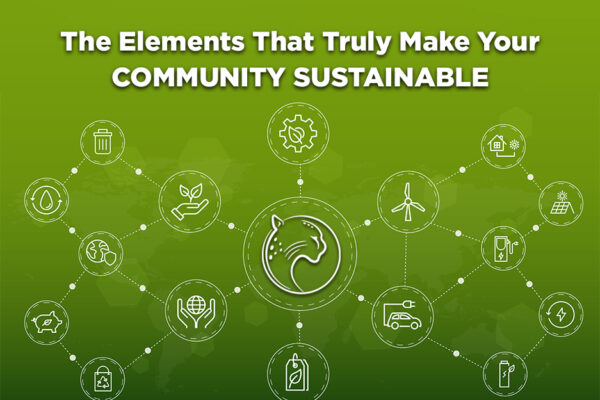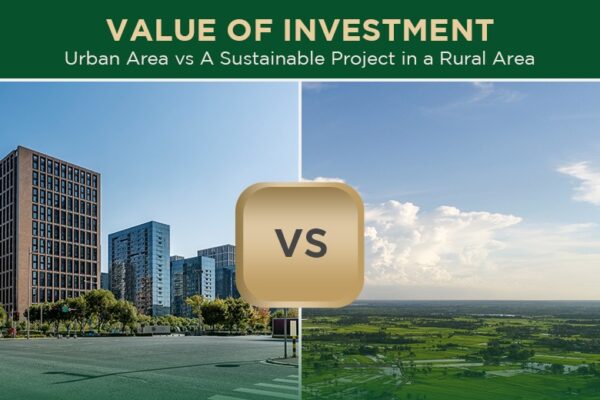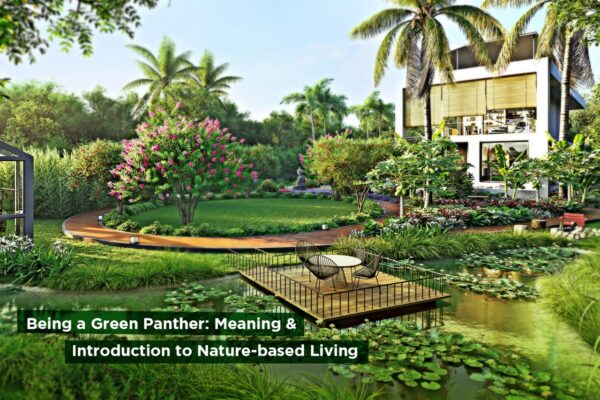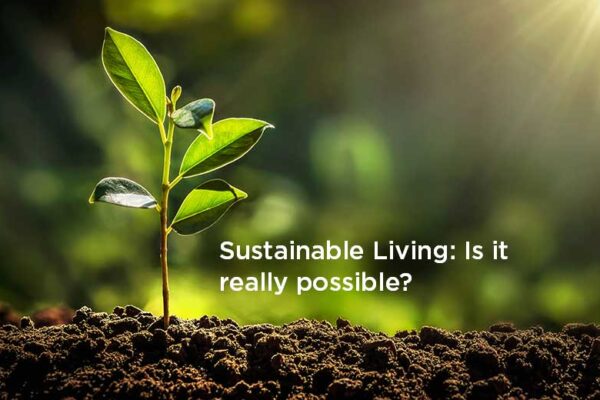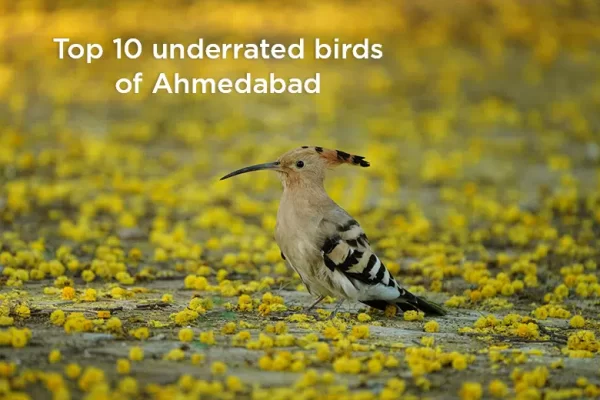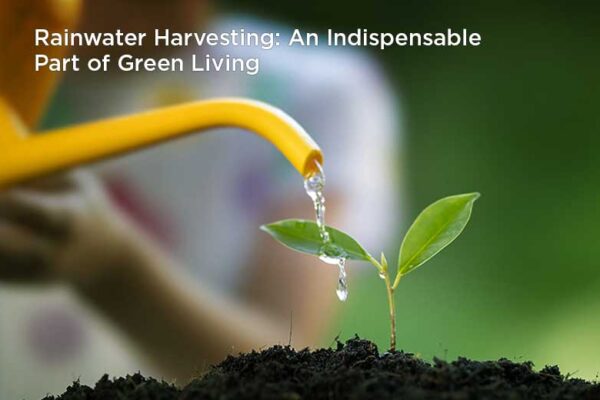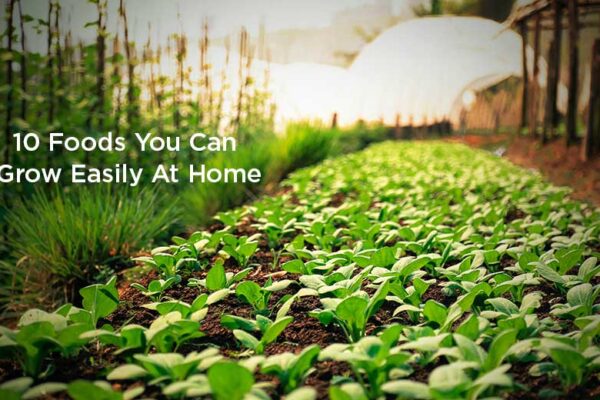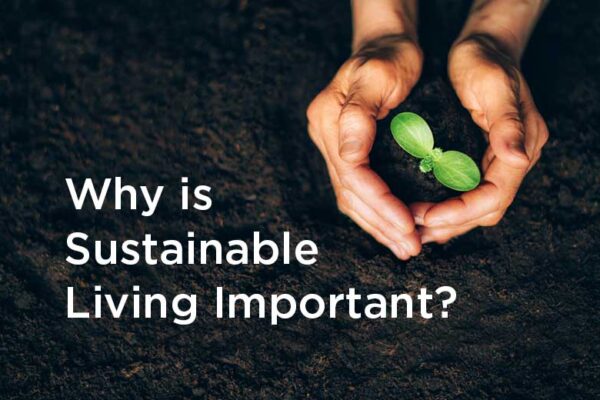GROWING YOUR OWN FOOD: A quick guide for beginners
The idea of raising a kitchen garden or a backyard garden and growing veggies, fruits and herbs organically is gaining popularity among the gardening-loving dwellers. Growing your own food means you and your family eat fresh, organic and healthy foods. You also reduce food wastage, increase your eco-friendliness and reduce your carbon footprint.
If you are just starting out to develop and nurture your kitchen garden or have plans to grow your favorite foods at home, here’s a quick guide and tips to help you.
1. Soil
You must know the kind of soil you have because the quality of what you grow is greatly dependent on the soil. There are plants that grow well in large pots, like tomatoes. Some plants prefer acidic soil, while some plants may require additional topsoil, fertilizer and plant food that help seeds grow.
2. Compost
Convert your food waste into compost, which will be an organic alternative to garden soil and a supplement for your garden that promotes plant growth. Begin with a simple compost bin to make compost. Mix dry waste like dead leaves, straws, twigs and sticks with moist waste like lawn clippings and fruits & vegetables scraps, tea bags, etc. in layers alternating between dry and moist waste. Add manure, some potting and water. Water the compost occasionally to keep it moist. Cover the compost bin, covering helps retain the moisture and heat. Turn the compost every few weeks. You will have your fresh compost in about 6 weeks. You can have earthworms in there, they help make the compost quality richer.
3. Seeds
You can find out the various seed packs at your local nursery to start with. You may also try to explore normal and organic seeds available online.
4. Best Time To Plant
Early spring is generally the ideal time to get started. You can start with planting indoors to let your plants have warm temperatures to thrive. Water them adequately and keep them in warm, sunny spot.
5. Starter Plants
If you are not confident about starting to plant your food from the seed, you can buy baby plants or saplings from your local nursery. It is great to begin with saplings when you are new to gardening.
6. Transfer Plants
If you chose to plant your food from the seeds, you would need to transfer your baby plants into the ground or a larger pot. It is advisable to make transfer at that time when the ground is moist and soft. You would need to exercise care when taking your baby plants out so as to not break its small roots. Place them in the ground or larger pot gently. Add some potting soil to the pot/ground and water them well to allow plants to root down into the soil.
7. Keep it simple and easy
It is better to grow something simple, easy and which is quick to grow. You can begin with veggies and herbs like radish, coriander, mixed greens and mint. The other more common vegetables that are easy to grow in your mini farm are – tomatoes, garlic, fenugreek, spinach, chillies, lettuce, pepper and brinjal among others.

